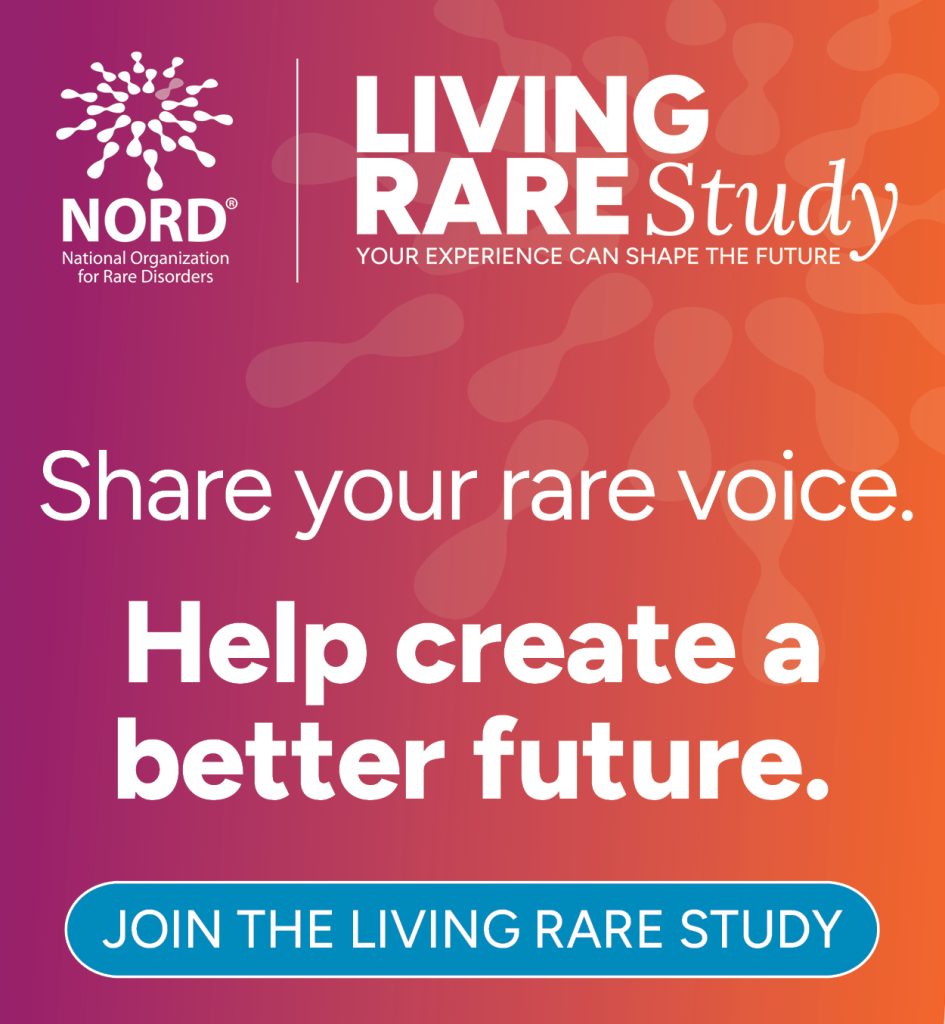When he was six years old, Arthur Caplan came down with polio and was temporarily paralyzed. That episode – which included time at Boston’s Mass General Hospital followed by rehab – “always left me with a patient perspective,” Dr. Caplan says.
That perspective and his tendency to be drawn to complex issues have led him to become one of the nation’s leading bioethicists, seeking the moral high road on complex topics related to clinical trials, organ donations, and treatments in short supply.
Over the years, Dr. Caplan helped create the national bone marrow donor program and develop the framework to encourage organ donations and promote fairness in the allocation of donated organs.
More recently, he has become one of the leading figures in an issue of great importance to the rare disease community – patient access to investigational therapies.
“I watched the ways in which people were seeking access to treatments online,” he says. The use of social media by patients and their families in a desperate bid to obtain unapproved therapies seemed to him inherently unfair. As a result, Dr. Caplan has become one of the leading voices in a national effort to review current practices and assure that a system is in place that is compassionate, consistent, and fair.
At the NYU Langone Medical Center, where he heads the Division of Medical Ethics, Dr. Caplan formed a Working Group on Compassionate Use and Preapproval Access to address this issue. The ultimate goal, with input from all involved including patients, industry, and government, is to develop a fair and consistent pathway for desperately ill patients seeking access to experimental drugs.
With millions of rare disease patients lacking an approved therapy, NORD applauds Dr. Caplan for his leadership in promoting this public conversation and focusing public attention on this vitally important topic.
NORD is honored to tell Dr. Caplan’s story and to honor him with a Rare Impact Award.
Read about all the 2016 Rare Impact Award Honorees.





